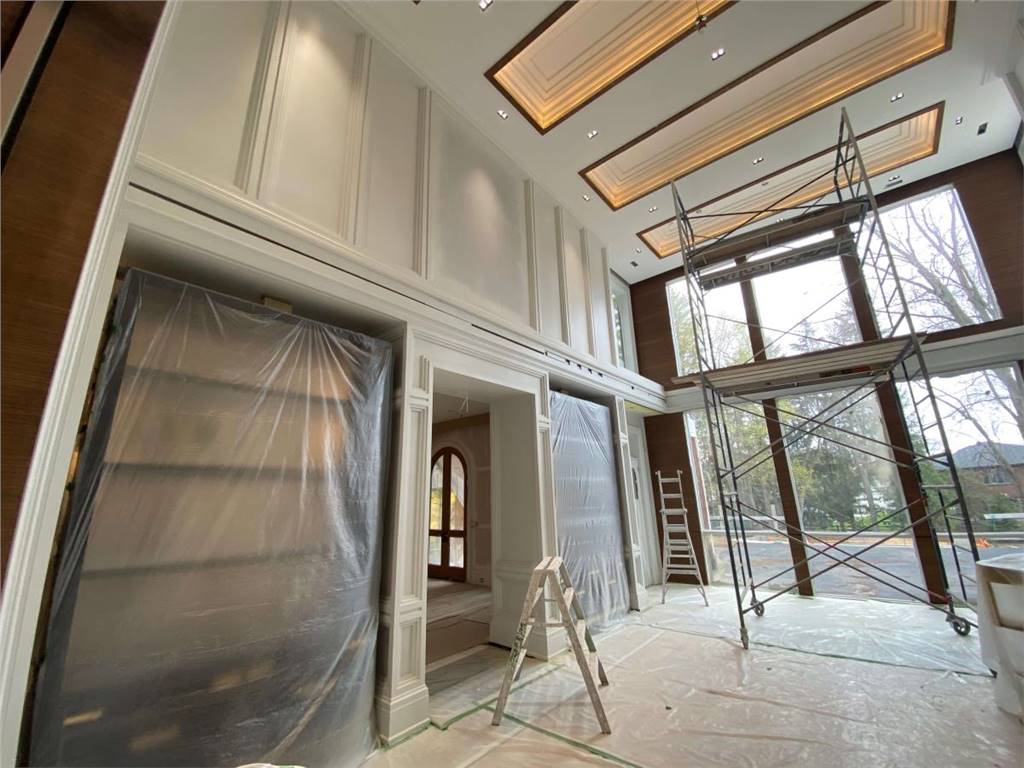
Floor Coating: Types Of It And What Are The Differences?
What is floor coating? Floor coating is a type of sealant that is used to cover and protect floors. It comes in various types, each with its own advantages and disadvantages. So, which one should you choose for your floor? In this post, we'll take a look at the different types of floor coating and discuss their pros and cons. We'll also help you decide which one is best for your flooring needs.
What Is Floor Coating?
Floor coating is a sealant or finish that is applied to the flooring to protect it from wear, staining, and other damage. There are many types of floor coatings available, and each has its own advantages and disadvantages.
Some floor coatings are designed to protect against water and moisture, while others are resistant to oils and chemicals. Some coatings also provide a decorative finish, while others are plain or utilitarian in appearance. It is important to choose the right type of floor coating for the specific application, as different coatings can be better suited for different types of floors.
Types of Floor Coating:
There are a few types of floor coating that you can choose from: epoxy, tile, and hardwood. Each type of coating has its own set of benefits and drawbacks, so it's important to choose the one that will best suit your needs.
Epoxy Floor Coating:
Epoxy floor coatings are a type of coating that is applied to the floor in order to protect it and give it a finished look. Epoxy coatings come in a variety of colors and can be used to create custom designs on the floor. They are also very durable and can withstand heavy traffic and abuse. Epoxy coatings are usually applied to concrete floors, but they can also be used on wood or metal floors.
Epoxy floor coatings are popular because they offer some great benefits, including:
Protection from wear and tear.
Resistance to staining and fading.
A non-slip surface that is safe for both people and pets.
However, epoxy floor coatings do have some drawbacks, including:
The initial cost of installation can be expensive.
They can be difficult to maintain and clean.
They may not be suitable for all types of floors.
Tile Coating:
Tiling is the process of covering a surface with square or rectangular tiles. The tiles are usually made from ceramic, stone, metal, or glass and are set in mortar to cover a wall, floor, or ceiling. In kitchens and bathrooms, tiled walls and floors are often easier to clean than painted or paneled surfaces.
There are many pros and cons to tiling, and it really depends on the specific situation as to whether or not tiling is the right choice. Some of the pros of tiling include that it is very durable and easy to maintain. Tiles are also available in a wide range of colors, patterns, and sizes, so you can really create a unique look for your space. If done correctly, tiling can also be quite cost-effective.
However, there are also some downsides to tiling. One is that it can be a fairly labor-intensive process to install tiles, particularly if you are doing it yourself. There is also the potential for cracked or broken tiles, which can be both unsightly and dangerous.
Hardwood Flooring:
Hardwood flooring is a flooring surface made from wood. Traditionally, it is a type of flooring that is installed as a single piece, solid plank. The term "hardwood" refers to the natural durability and strength of the wood. Flooring options include both solid and engineered hardwoods, each with its own unique benefits.
Today's hardwood floors come in a variety of finishes and styles that can complement any room in your home. From traditional oak to trendy bamboo, there's a hardwood floor to fit any taste and budget. If you're considering installing hardwood floors in your home, be sure to read our guide on the pros and cons of different types of hardwood flooring.
PRO:
1. Hardwood floors are beautiful and can add value to your home.
2. They are also relatively easy to care for, and can last for many years with proper maintenance.
CON:
1. One of the biggest disadvantages of hardwood floors is their initial cost. They can be quite expensive to install, especially if you hire a professional.
2. Hardwood floors can also be susceptible to water damage and other types of wear and tear over time.



